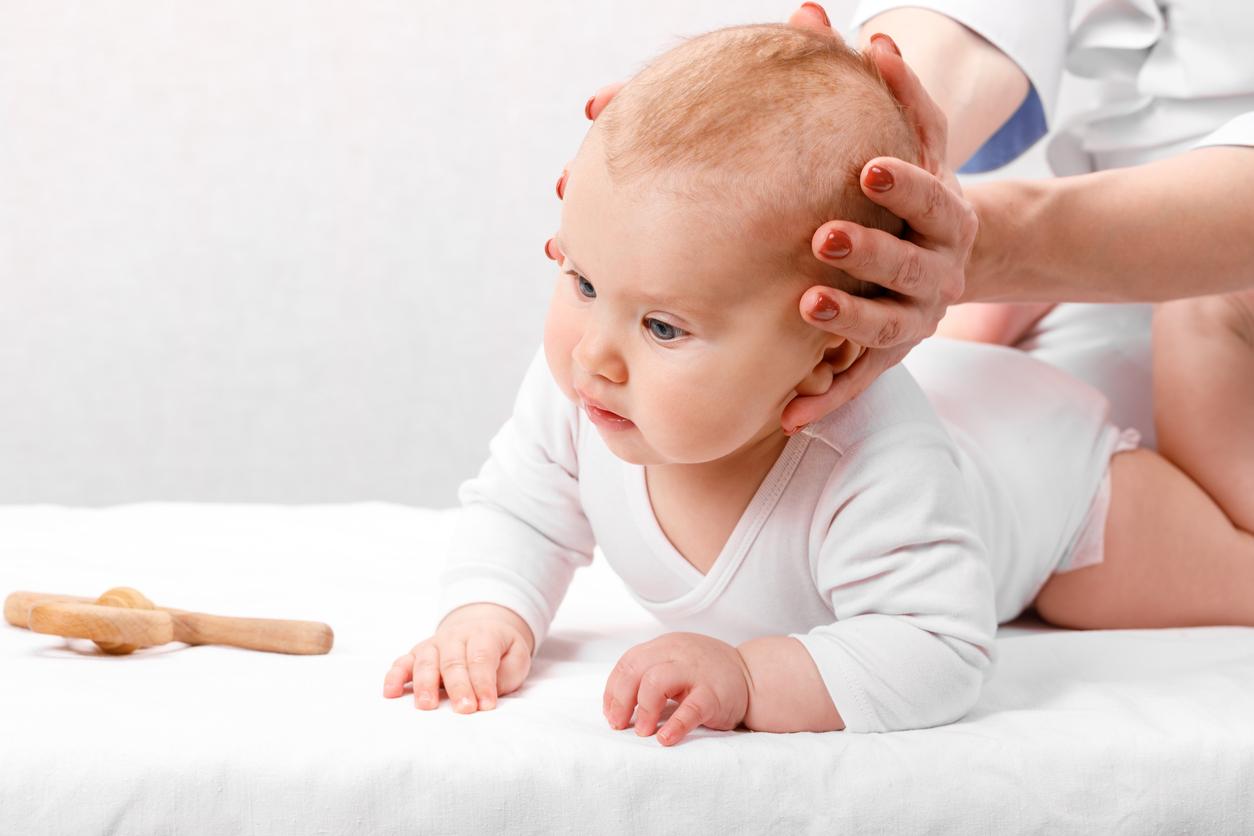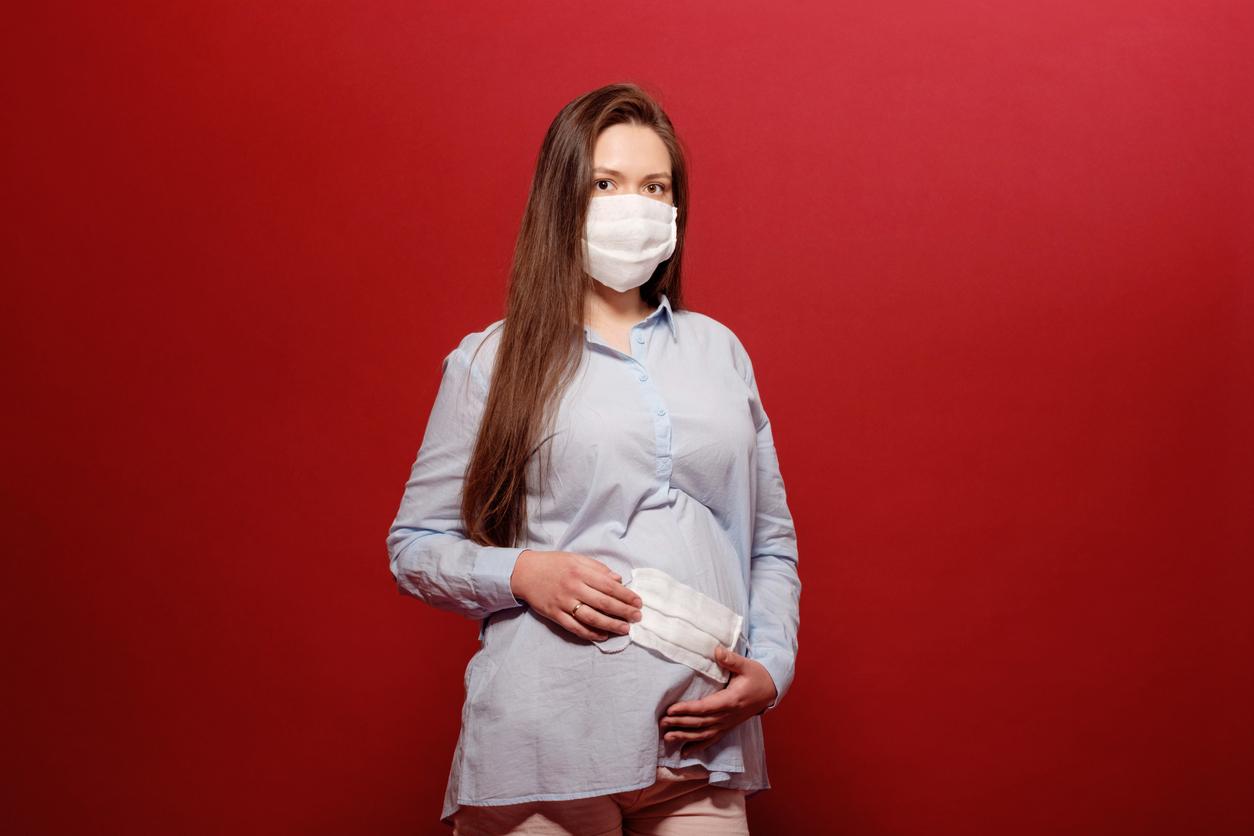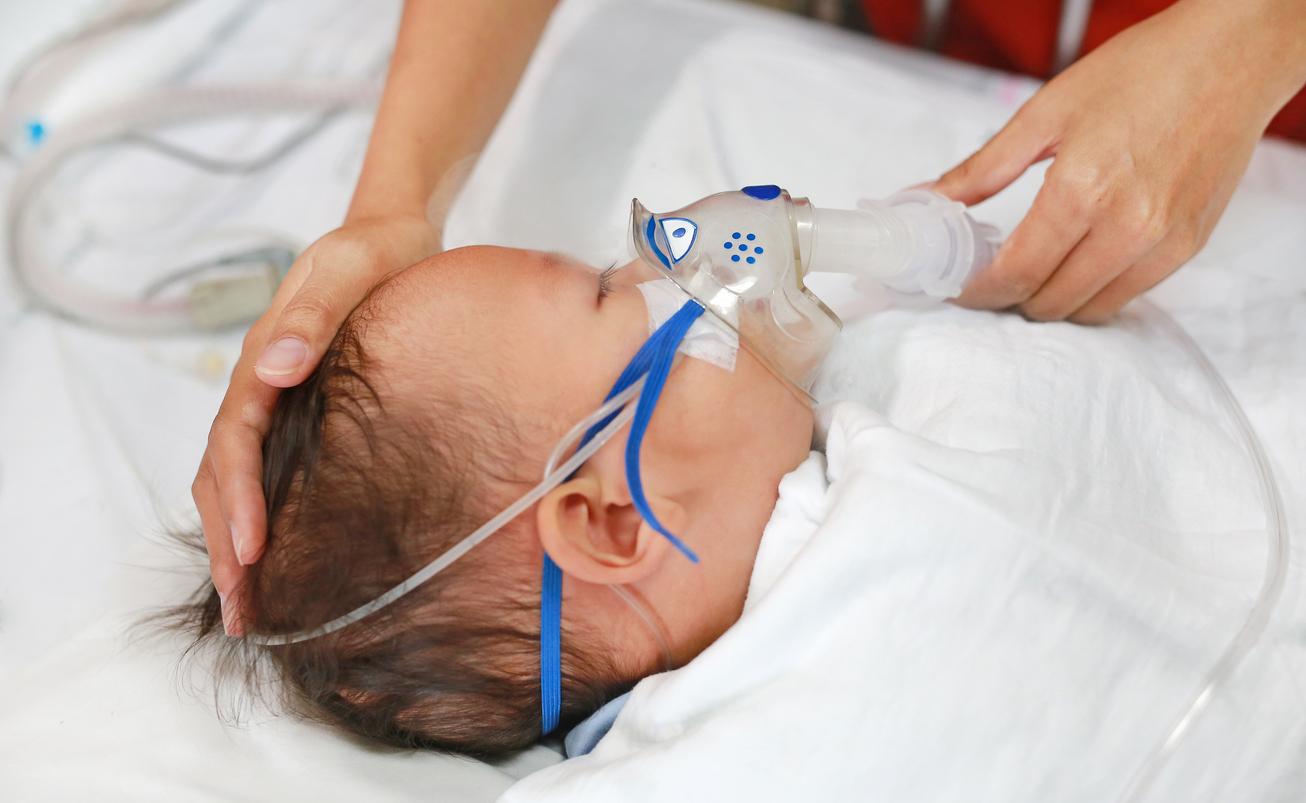Children who were breastfed have lower blood pressure than those who were bottle fed.

- Arterial hypertension (HTA) corresponds to an abnormal increase in blood pressure on the walls of the arteries.
- In the majority of cases, arterial hypertension is said to be “essential”: no known cause explains its appearance, but it is favored by risk factors.
Breastfeeding, even if it lasts only a few days, lowers babies’ blood pressure, according to a new study published in the Journal of the American Heart Association.
Previous research had already shown that risk factors for cardiovascular disease, including high blood pressure, can appear in childhood. Studies have also confirmed that breastfeeding is associated with a lower risk of cardiovascular disease in adulthood. However, the amount and duration of breastfeeding needed to achieve cardiovascular benefit has never been established.
Regardless of breastfeeding duration
“This is the first study to assess the association between breastfeeding in the first days of life and blood pressure in infancy,” explained the author of the study Kozeta Miliku. To do this, the researchers analyzed health data from the Canadian CHILD Cohort, which includes more than 3,000 children born between 2009 and 2012. Here’s what they found:
– At the age of 3 years, children who had never been breastfed had higher blood pressures (mean 103/60 mm Hg) compared to those who had been breastfed, regardless of the duration of breastfeeding (average 99/58 mm Hg).
– In infants who had received only a brief breastfeed during their hospital stay, blood pressure was also lower (mean 99/57 mm Hg) than in those who had not been breastfed for everything (mean of 103/60 mm Hg).
The power of colostrum
“Infants who consumed only colostrum had lower blood pressure at 3 years of age, regardless of duration of breastfeeding or intake of other complementary foods,” concludes Kozeta Miliku.

.

















